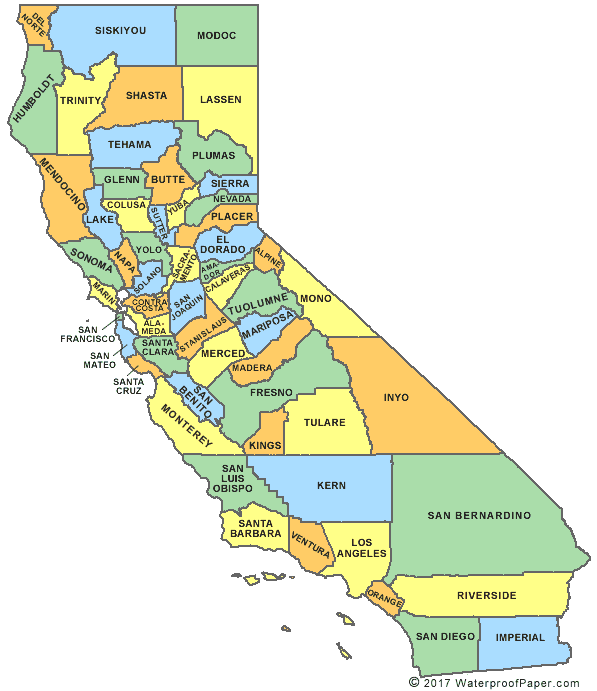Harold M. Kingsley, Congregational minister and political activist, was born in Mobile, Alabama in 1887. The son of a wealthy white man and a poor black woman, Kingsley was raised by Baptists but sent to an Episcopal church because his family believed it was closely linked with good education. He later credited his domineering maternal grandmother for encouraging him to strive for higher education. Kingsley enrolled in Talladega College, graduating in 1908. He then went to Yale Divinity School where he intended to become a Greek teacher. But at Yale he encountered people he believed were "genuinely interested in religion" and it was there he decided to become a minister.
After graduating from Yale with a Bachelor of Divinity in 1911, Kingsley briefly converted from the Episcopal Church to the African Methodist Episcopal (AME) Church and became a pastor at Bethel Church in Bridgeport, Connecticut. After less than a year at Bethel, Kingsley became disillusioned with the AME tradition and left the Church for the Congregational ministry. He next served as pastor of the Union Congregational Church in Newport, Rhode Island from 1911 to 1913. He continued to move around the country, serving with the American Missionary Association (AMA) as Director of Church Work in Oklahoma and Texas (1913-1916) and, later, in Alabama, Tennessee, Kentucky, and Florida (1916-1920). After serving for a time as pastor for a time in Cleveland, Kingsley left for Chicago in 1927 for Good Shepherd Church in Chicago where his began to distinguish himself as a leading social and religious theorist.
Kingsley led Good Shepherd in providing social welfare services and encouraging community development and became well known in Chicago for not only advocating religion as a pathway toward social progress, but equally economic prosperity. He frequently preached about the perils of economic starvation, poor investing habits, and unfair laws that made black life more difficult. Kingsley became famous as his church provided basic but important services such as helping newcomers to the city retrieve their birth certificates so that they could get the best jobs.
After 16 years in Chicago, Kingsley left Illinois for Little Tokyo in Los Angeles where he served as director of Pilgrim House (1943-1951), a joint Congregational-Presbyterian interracial social center. Kingsley arrived in Little Tokyo when nearly all of the Japanese Americans and Japanese nationals had been removed and sent to internment camps, but was a vocal opponent of their incarceration and made strides to reintegrate the group into the community upon their return. Kingsley continued to be active in California race relations for the remainder of his life and actively promoted harmonious race relations between blacks, whites, Chicano, and Japanese.

